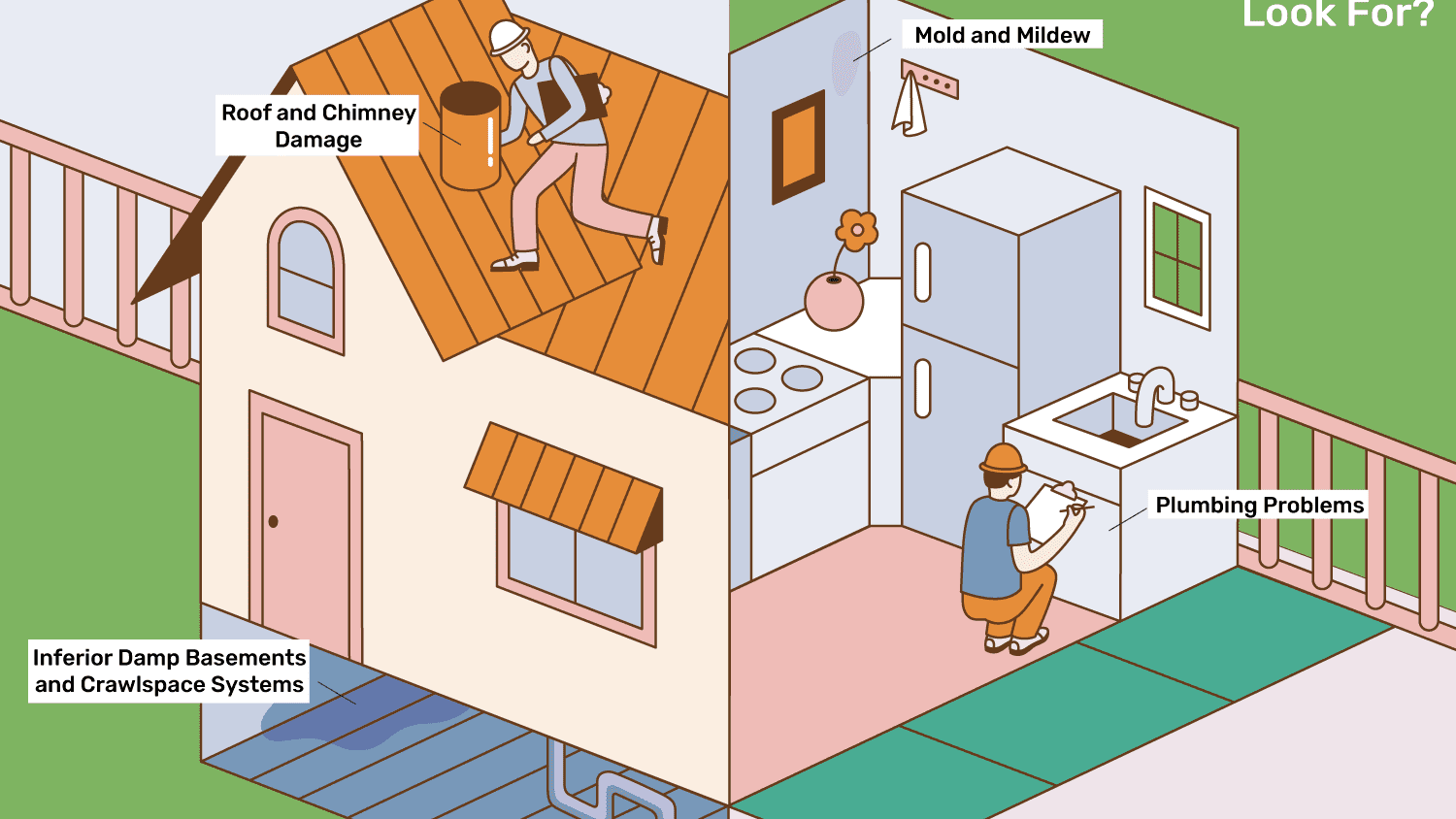A good loft conversion is likely to make a huge difference to your property’s value, so it’s important to get the right building inspector to do the work. It’s not as easy as hiring a contractor to do the job right. Building inspectors can have very different requirements and may even have different requirements when they visit to do their job.
The three main areas that are typically covered in loft inspections are insulation, roofing, and flooring. However, it’s important to note that not all building inspectors look at these three issues in the same way. In fact, some inspection companies may only do one or two of them, or they may not even be qualified to do the inspections in the first place! If you are in need of a specialist, ask the company for a list of inspections carried out, and how many of them they are qualified to carry out. You will want to know the number of complaints against the company. This will help you determine if they are up to the task or have made mistakes that could lead to a complaint.
Typical building inspectors look at three things while inspecting premises: obstructions on the site, lighting and ventilation. The inspectors then provide a detailed report detailing all items found, as well as details about any minor defects. It is important for the company to acknowledge any defects in good time, as this prevents them from having to deal with future complaints. Knowing that there are minor defects can help the company negotiate with contractors and suppliers to ensure they are properly represented and paid for. Minor defects can result in additional work, so it’s always better to be aware of what is going on, rather than finding out after it’s too late.
Standard loft inspections should be performed as soon as possible to identify potential problems and avoid costly delays. This will enable you to build your new home quickly and efficiently. A loft Pre Purchase Building Inspections Melbourne should not only look for visible damage but also identify any potential sources of damp such as cracks or holes in the ceiling or walls. Cracks in the floor or walls should be identified as they can affect the structural integrity and safety of the building. These issues can be identified by a qualified building inspector.
Typical building inspections will also check for loose boards and other signs of potential damage. The inspectors may recommend structural repairs depending on the severity of the problem. Building inspectors will inspect certain types of renovations such as extensions or additions to ensure there are no gaps or loose board that could pose a risk during construction. These inspections can help you prevent water from leaking onto your site in the future. It’s important that companies follow all recommendations for building inspections, especially if they are required by local regulations.
Building inspectors inspect the foundation and structural integrity. For example, if you plan to build an extension to your property, it is a good idea to contact the local government for an inspection of the foundation. Many property owners neglect to inspect the foundation, which can lead to additional costs and delays. A combination of what building inspections look at can help you avoid costly delays.
Before you hire a building inspector, it is important to ask for references. You should also ask for a list of certifications, the inspector has so you know what kind of experience they have and what they’ll be looking for on your construction site. Different inspectors specialize in different fields, so it’s important to know what areas they’ll be focusing their attention on before making your final decision. You can also gauge how serious a company is about performing a thorough inspection by looking at the type of building inspection they offer. It is better to hire a company that is confident in its ability detect problems than to risk hiring a service that isn’t reliable.
Finding out what building inspectors look for can help you decide what services to use and which ones to skip. Knowing what your inspectors look at will help you plan for your building inspection. This will help you avoid unnecessary expenses and save time on a simple project. A good inspection schedule combined with what building inspectors look for can help you determine what needs to be done and what shouldn’t be. A good company will save you money and speed up the construction process.
